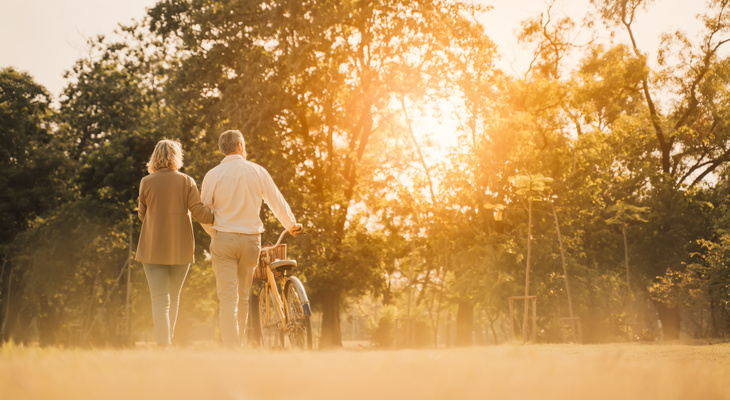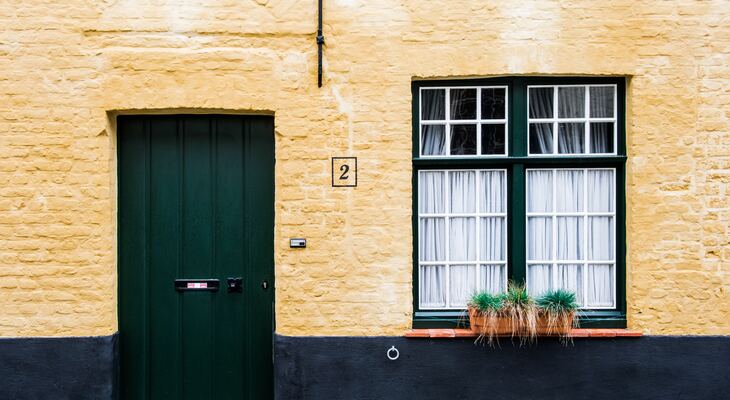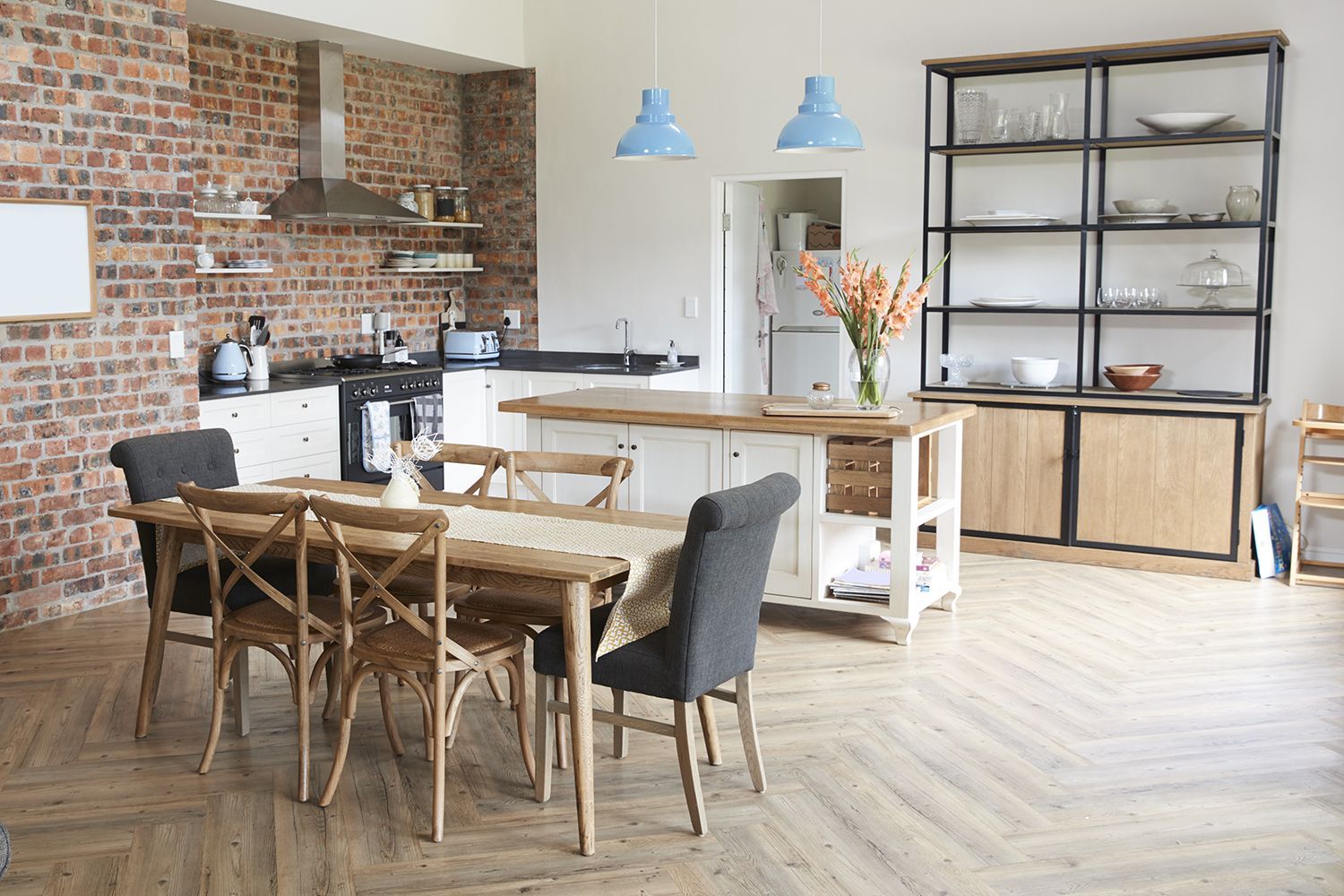Buying a retirement property
Are you looking to buy a retirement property? Read our top tips on how to buy a retirement property.
1. Care
While buying a retirement property, it's important to plan for the future. While you may be in good health now, should you encounter any health issues in the future, you're going to want accessible healthcare. If you are experiencing ongoing health issues, access to care within the grounds of a retirement complex should be an important consideration. Plan ahead now to avoid moving again if your circumstances change.
2. Lease
Most retirement properties are sold on a leasehold basis, which can range anywhere from around 99 years to 999 years, so it's vital that you have knowledge of this before buying your retirement property. Leases only reduce in length unless extended, and this can become a costly process as shorter leases are less attractive to prospective buyers, should you wish to sell.
3. Choose your retirement lifestyle
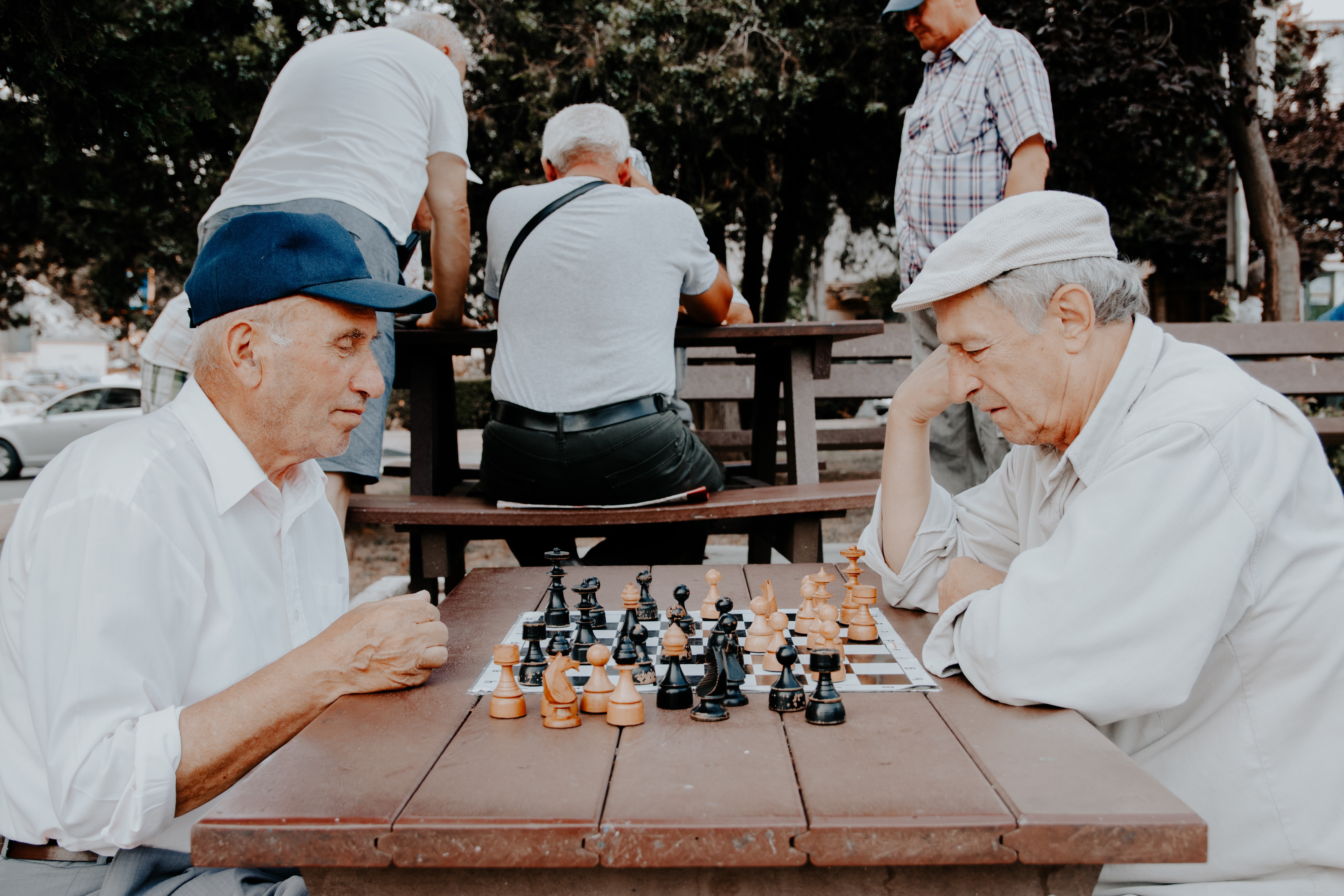
You may want to consider a peaceful retreat in the countryside after decades of working in the city, or on the other hand, you may find too much peace and quiet will feel too lonely over time. Retirement can feel liberating if you are in the right environment, so it's important you choose a lifestyle that fits your needs. If you're concerned about feeling lonely or ostracised and want to stay busy with accessibility to the heart of the city, choose a peaceful suburb with low crime rates. Alternatively, if you are dreaming of more space, scenic walks, a sense of community spirit and fresh air, opt for a village or semi-rural town with amenities within a short walk to ensure you'll always have access to everything you'd need.
4. Price
If you're looking to retire soon, you'll want to calculate what your monthly income will be in retirement. Consider speaking with a financial advisor to determine the income you're likely to expect in retirement. If you have already retired, you'll need a good understanding of your income and outgoings to budget accordingly. Once you have a good understanding of this, you can determine how much you can spend on your new retirement property. Even if you're paying for a property outright, you will still have to factor in expenses such as maintenance, taxes and insurance.
5. Check for restrictions
Whilst many retirement properties come with added benefits such as on-site facilities and stress-free moving services, usually they come with an age restriction. This can vary but the lower limit is usually around 55-60 years old. Whilst this may be suitable for you now, should a younger family member wish to move in, you may encounter issues further down the line. Similarly, check for any restrictions on pets before buying your retirement property.
6. Find the right location
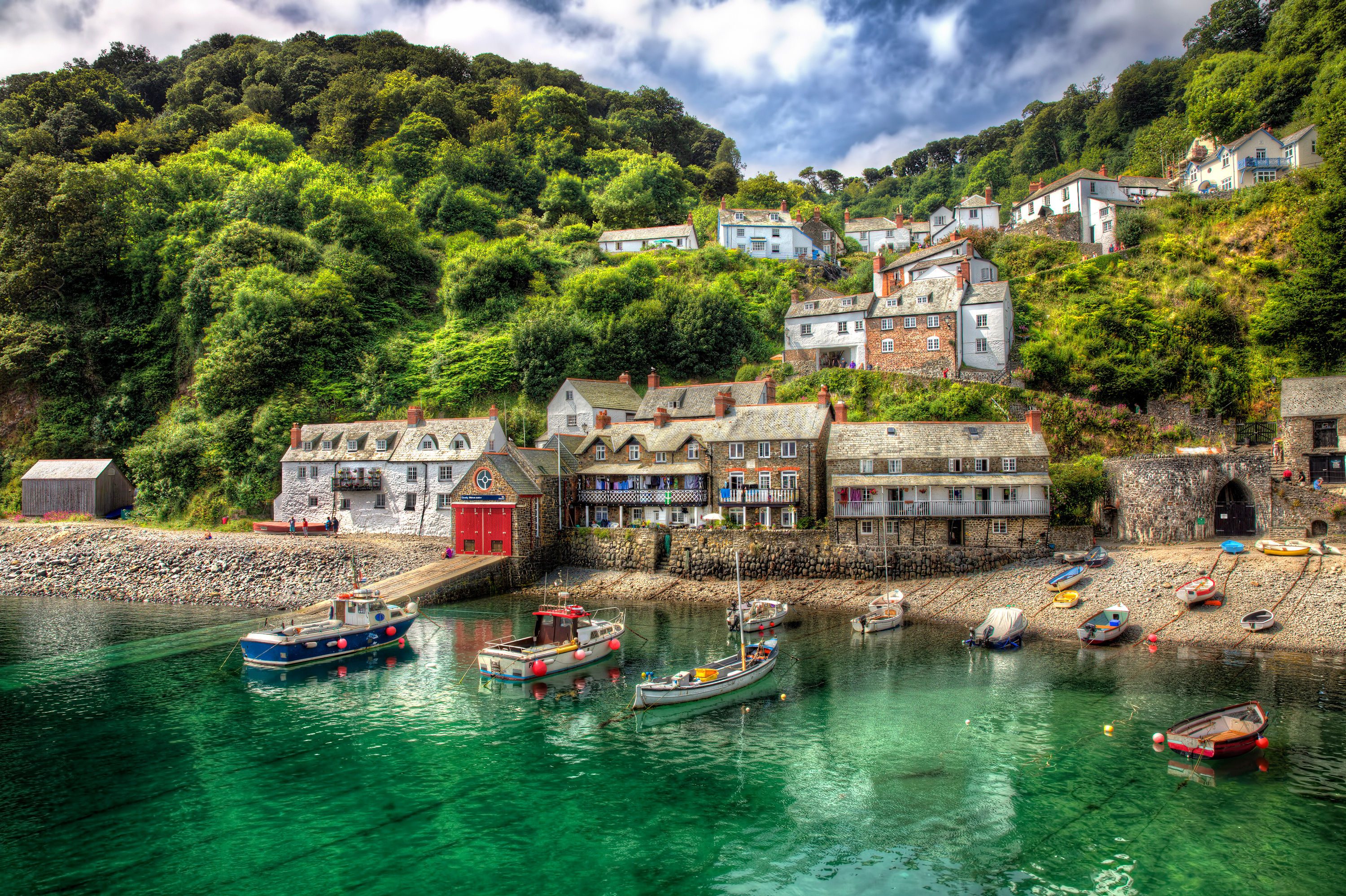
The village, town or city you land on will arguably be the most important decision when it comes to settling down to retire. It's important to choose a location and community that makes you feel safe, happy and comfortable. Once you've retired, you'll have more time on your hands so having family or friends close by will make all the difference to your overall well-being.
7. Home improvements
Once you've retired, you'll have more time on your hands, so some DIY might be an appealing project. However, it's important when viewing properties to get a good understanding of any work that may be required prior to moving in. A big project can feel daunting, and you may need to hire contractors or decorators which can be an added expense. Take this into consideration and think about how much work you'd be willing to take on in your new home. You may find that a newer property would be a better fit for your needs.
8. Understand the options available to you
Whether you opt for leasehold, retirement housing or a traditional home, it's important to get a good understanding of the best option available to you. Independent living, although perfect for some, isn't for everybody, so think about whether you want to opt for a home designed for retirement living or a new property to maintain your independence. Take professional advice each step of your journey to ensure you're making the right decisions for you and your lifestyle.
